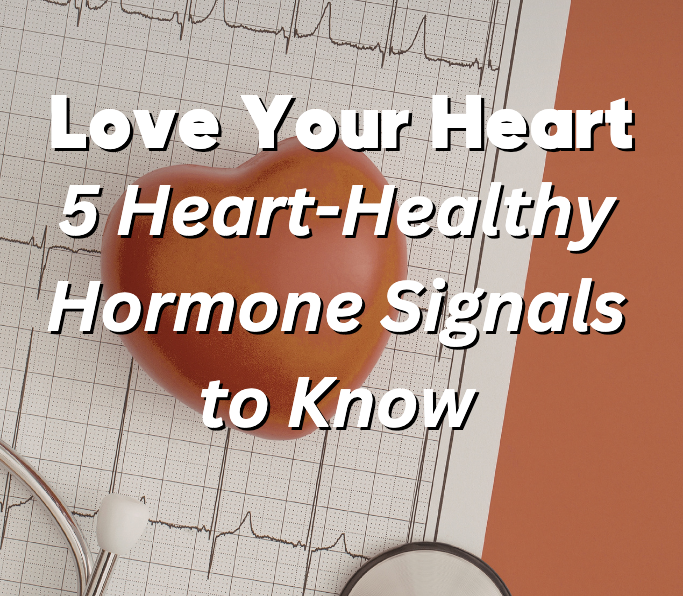Hormones serve as the body’s intricate communication network, orchestrating numerous physiological processes that maintain men’s health and vitality. These biochemical messengers influence everything from metabolic rate and muscle composition to cognitive function and emotional well-being. While hormonal health is often associated with women, men experience equally significant impacts from hormonal fluctuations and imbalances.
This comprehensive examination explores the six primary hormones essential for male physiology: testosterone, estrogen, progesterone, thyroid hormones, insulin, and cortisol. Understanding their roles, interactions, and manifestations of imbalance provides men with valuable insights into maintaining optimal health throughout their lifespan.
The Endocrine System in Male Physiology
Testosterone stands as the cornerstone of male hormonal health, primarily produced in the testes with smaller quantities originating from adrenal secretions. This androgen hormone governs the development of male sexual characteristics while maintaining muscle mass, bone density, and red blood cell production. Testosterone levels naturally decline with age, typically decreasing about 1% annually after age 30, which can lead to noticeable changes in energy, body composition, and sexual function.
Estrogen, often mistakenly considered exclusively female, plays several critical roles in male physiology. Men produce estrogen through aromatization of testosterone, primarily in adipose tissue. Balanced estrogen levels support cardiovascular health, bone metabolism, and brain function. However, excessive estrogen relative to testosterone can create undesirable effects, including fat accumulation and emotional lability.
Progesterone in men, though present in smaller quantities than in women, serves important regulatory functions. This hormone acts as a precursor to testosterone while helping modulate the effects of estrogen. Adequate progesterone levels contribute to neurological health and may support better sleep quality and stress resilience.
The thyroid hormones thyroxine (T4) and triiodothyronine (T3) function as metabolic regulators, controlling energy production, thermoregulation, and protein synthesis. Thyroid dysfunction manifests differently in men than women, with hypothyroidism frequently presenting with more pronounced fatigue and depression rather than the weight gain more commonly seen in women.
Insulin, produced by pancreatic beta cells, regulates glucose metabolism and energy storage. In modern environments characterized by excessive carbohydrate consumption and sedentary behavior, insulin resistance has become increasingly prevalent among men, contributing to metabolic syndrome and type 2 diabetes development.
Cortisol, the primary glucocorticoid secreted by the adrenal glands, mediates the stress response while influencing immune function, blood pressure, and glucose metabolism. Chronic stress leads to sustained cortisol elevation, which can disrupt multiple hormonal axes and accelerate age-related physiological decline.
Recognizing Hormonal Imbalance
Hormonal imbalances in men often develop insidiously, with subtle symptoms frequently attributed to normal aging or stress. Testosterone deficiency may present with reduced muscle mass, increased body fat (particularly visceral adiposity), diminished libido, and mood disturbances, including irritability or depression. Some men experience cognitive changes such as decreased concentration or memory difficulties.
Estrogen dominance relative to testosterone can manifest through gynecomastia (benign breast tissue enlargement), water retention, and emotional volatility. Thyroid dysfunction produces distinct symptom patterns: hypothyroidism causes fatigue, cold intolerance, and weight gain despite normal appetite, while hyperthyroidism leads to nervousness, heat intolerance, and unintended weight loss.
Insulin resistance typically develops gradually, often signaled by increased abdominal circumference, frequent hunger, and energy crashes after meals. Elevated cortisol levels create a characteristic pattern of central obesity, sleep disturbances, and immune system suppression. Importantly, these hormonal systems interact extensively, meaning dysfunction in one axis frequently affects others.
Strategies for Hormonal Optimization
Nutrition serves as the foundation for hormonal balance. A Mediterranean-style dietary pattern emphasizing monounsaturated fats, omega-3 fatty acids, and high-quality protein supports testosterone production while improving insulin sensitivity. Cruciferous vegetables containing indole-3-carbinol promote healthy estrogen metabolism, and adequate fiber intake assists with hormone excretion. Minimizing processed foods, refined carbohydrates, and excessive alcohol helps prevent metabolic dysfunction.
Physical activity represents another critical component of hormonal health. Resistance training stimulates testosterone production and growth hormone release, while moderate aerobic exercise improves insulin sensitivity. Importantly, excessive endurance training without adequate recovery can elevate cortisol and potentially suppress testosterone, highlighting the need for balanced programming.
Sleep quality profoundly influences hormonal regulation. Deep, restorative sleep facilitates testosterone production and growth hormone release while helping normalize cortisol rhythms. Men experiencing sleep disturbances should prioritize sleep hygiene practices, including consistent bedtimes, cool sleeping environments, and limited evening screen exposure.
Stress management techniques help modulate cortisol secretion and its downstream effects. Mindfulness practices, controlled breathing exercises, and regular nature exposure have all demonstrated effectiveness in reducing stress hormone levels. Some men may benefit from adaptogenic herbs like ashwagandha, which clinical studies suggest may help moderate stress responses.
Environmental factors increasingly contribute to hormonal disruption. Endocrine-disrupting chemicals found in plastics, personal care products, and pesticides can interfere with normal hormone production and signaling. Choosing glass or stainless steel food containers, natural personal care products, and organic produce when possible helps minimize these exposures.
For men experiencing persistent symptoms despite lifestyle modifications, professional evaluation may be warranted. Comprehensive hormone testing, including free and total testosterone, estradiol, thyroid panels, and cortisol rhythms, can identify specific imbalances. Treatment approaches range from lifestyle interventions to hormone replacement therapies when clinically appropriate.
What You Can Do
Optimal hormonal balance forms the foundation of male vitality, influencing physical health, cognitive function, and emotional well-being. Through understanding these essential hormonal systems and implementing evidence-based lifestyle strategies, men can proactively support their endocrine health. While some age-related hormonal changes are inevitable, their impact can be significantly moderated through informed choices and appropriate interventions when needed.
If these symptoms feel familiar, your body is sending you an important message. At EVEXIAS, we don’t just cover up symptoms—we dig deeper to find and address the underlying cause. Using advanced lab testing and a tailored, whole-body approach, we’ll reveal exactly what’s happening beneath the surface and create a plan to restore balance.






